Lung Cancers Today
In the eighth and final segment of this roundtable series, the panel discusses future directions in the field of NSCLC.
Dr. Liu shares why the meeting is a key chance for connections, collaborations, and conversations about the latest data.
In the seventh segment of this roundtable series, the panel discusses how path CR affects postoperative management.
In the sixth segment of this roundtable series, the panel discusses neoadjuvant versus perioperative approaches.
Perioperative Immunotherapy in NSCLC: Evolving Data, Surgical Planning, and Real-World Collaboration
In the fifth segment of this roundtable series, the panel discusses CheckMate 77T, CheckMate 816, and more. In the fourth segment of this roundtable series, the panel discusses multidisciplinary, comprehensive collaboration.
In the final part of this roundtable series, the panel discusses what the future may hold for NSCLC treatment and surgery.
In the eighth part of this roundtable series, the panel discusses how to minimize the risk of NSCLC recurrence after surgery.
In the second segment of this roundtable series, the panel discusses the importance of safe sampling in biomarker testing.
In the third segment of this roundtable series, the panel discusses resectability and multimodal treatment plans.
The efficacy of zongertinib was evaluated in Beamion LUNG-1, an open-label, multicenter, multi-cohort trial.
In the seventh part of this roundtable series, the panel discusses surgical preparations and considerations.
In the sixth segment of this roundtable series, the discusses how multidisciplinary teams monitor and manage AEs.
In the fifth segment of the roundtable series, experts discuss advances in adjuvant, neoadjuvant and perioperative treatment.
In the fourth segment of this roundtable discussion, the panel shares navigation strategies for patients with NSCLC.
In the third part of this roundtable discussion, experts share insights on the decision-making process surrounding treatment
Dr. Osarogiagbon discussed the impact of the lung cancer screening program on diagnosis rates across the Mississippi Delta.
In the second segment of this roundtable discussion, experts discuss considerations surrounding biospies and biomarkers.
Dr. Jänne reflects on the importance of World Lung Cancer Day, which is marked on August 1 annually.
In the first segment of this multidisciplinary roundtable, experts discuss progress and challenges in lung cancer screening.

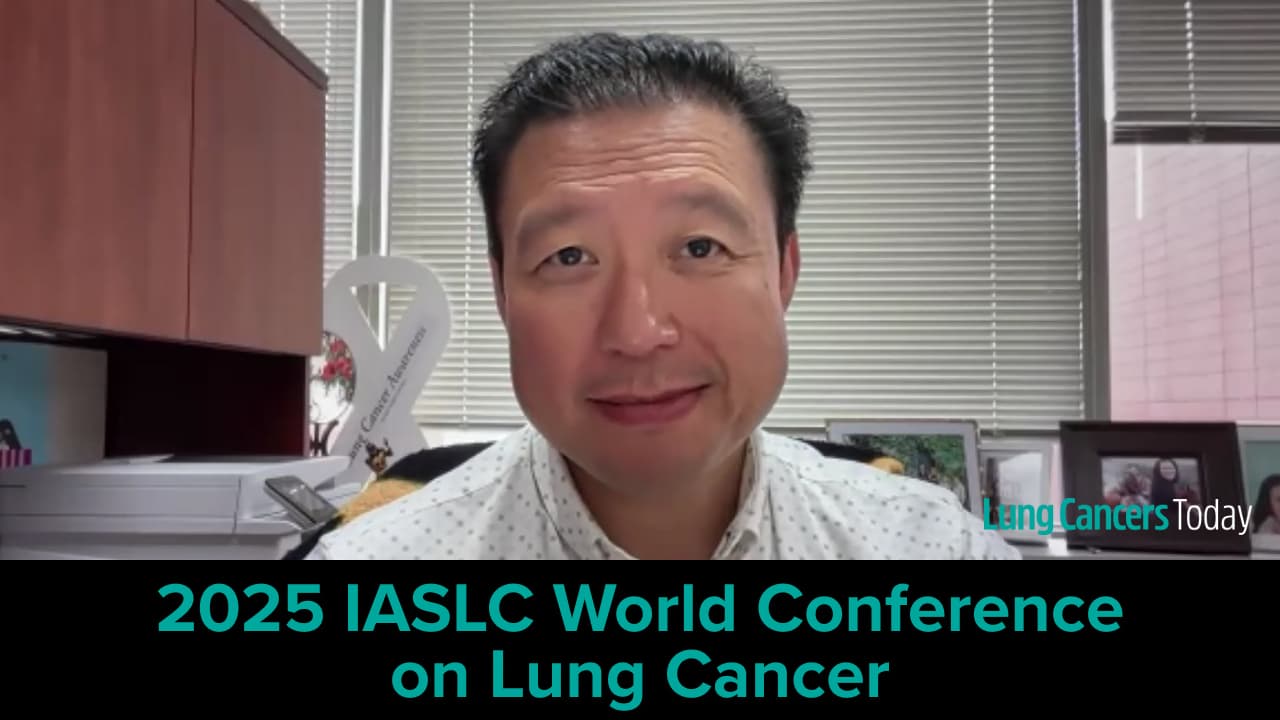
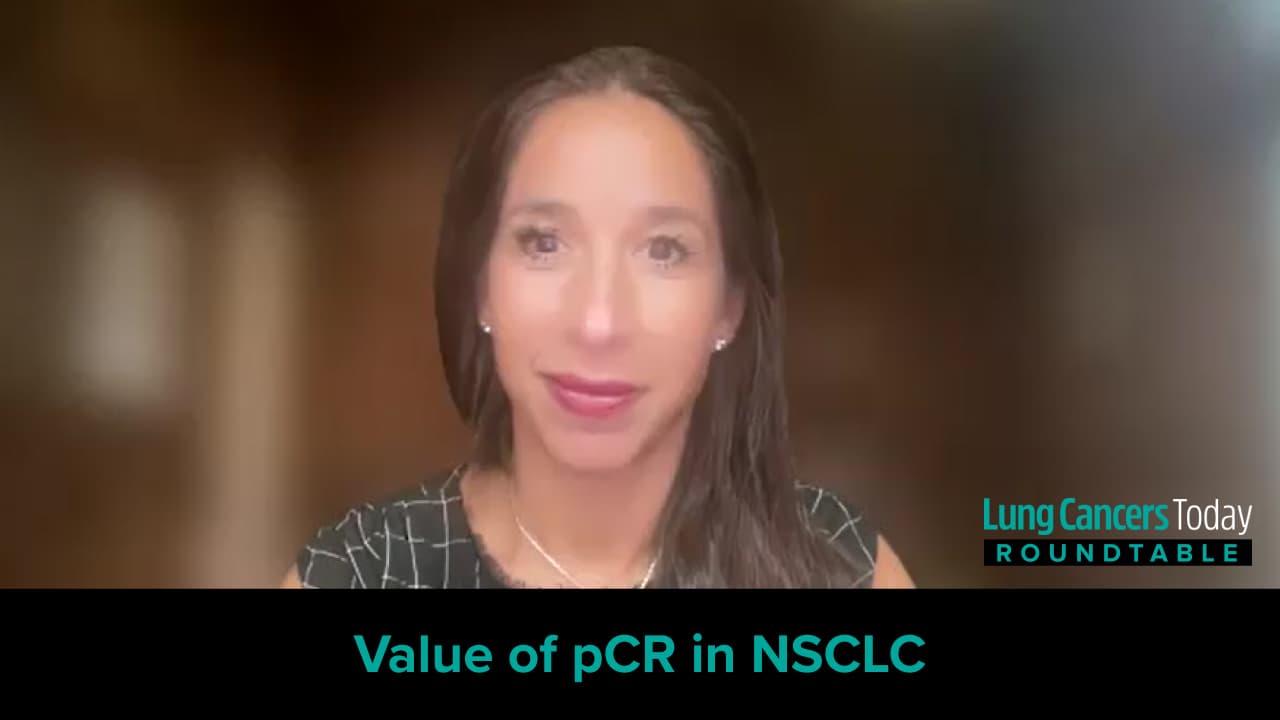
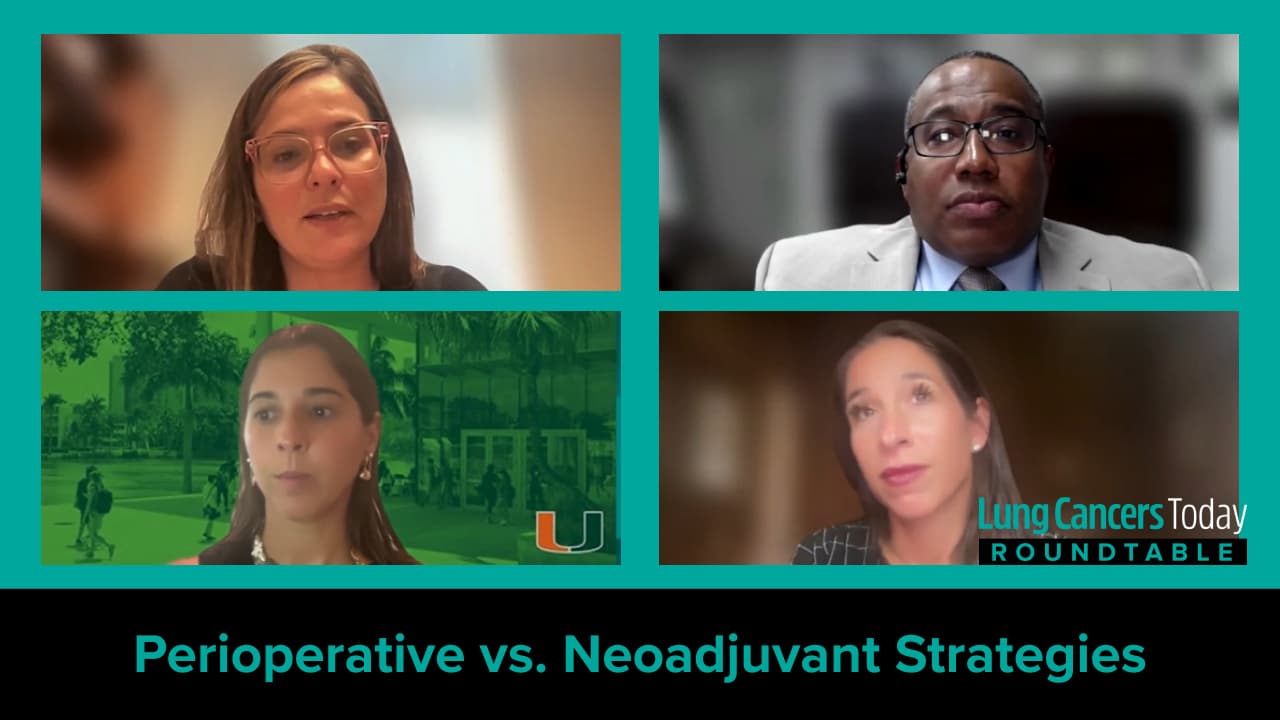
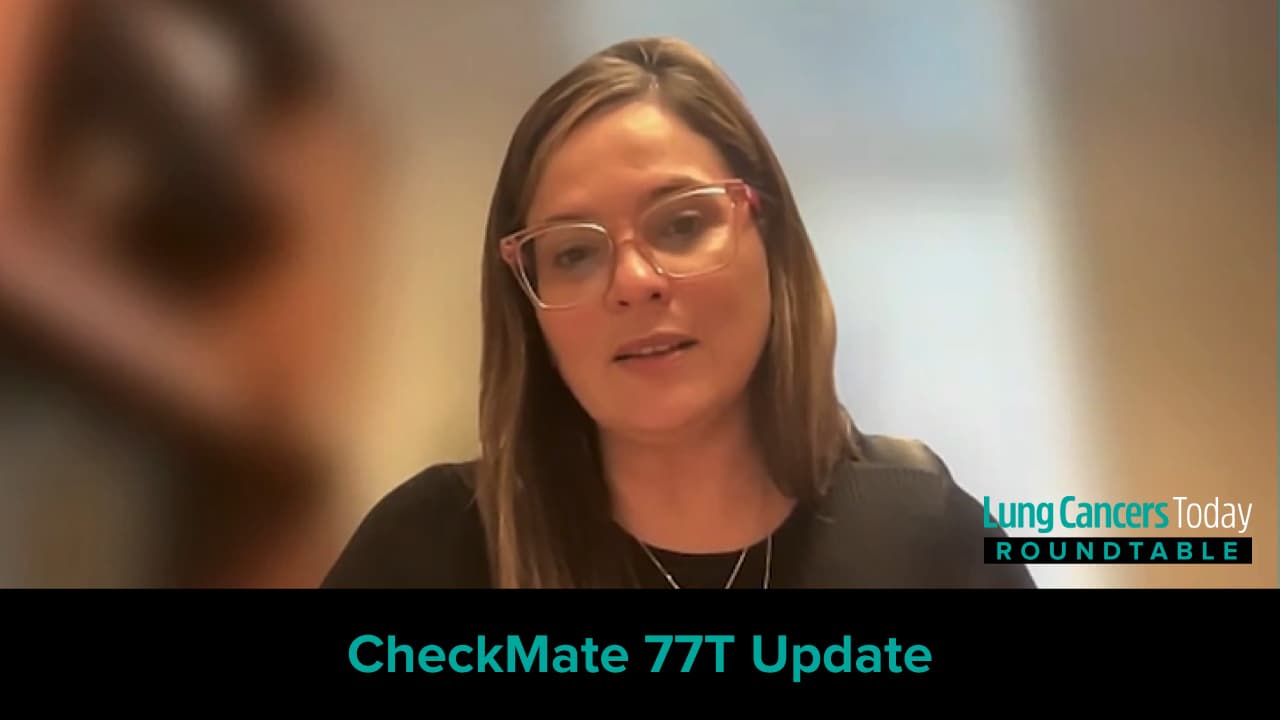
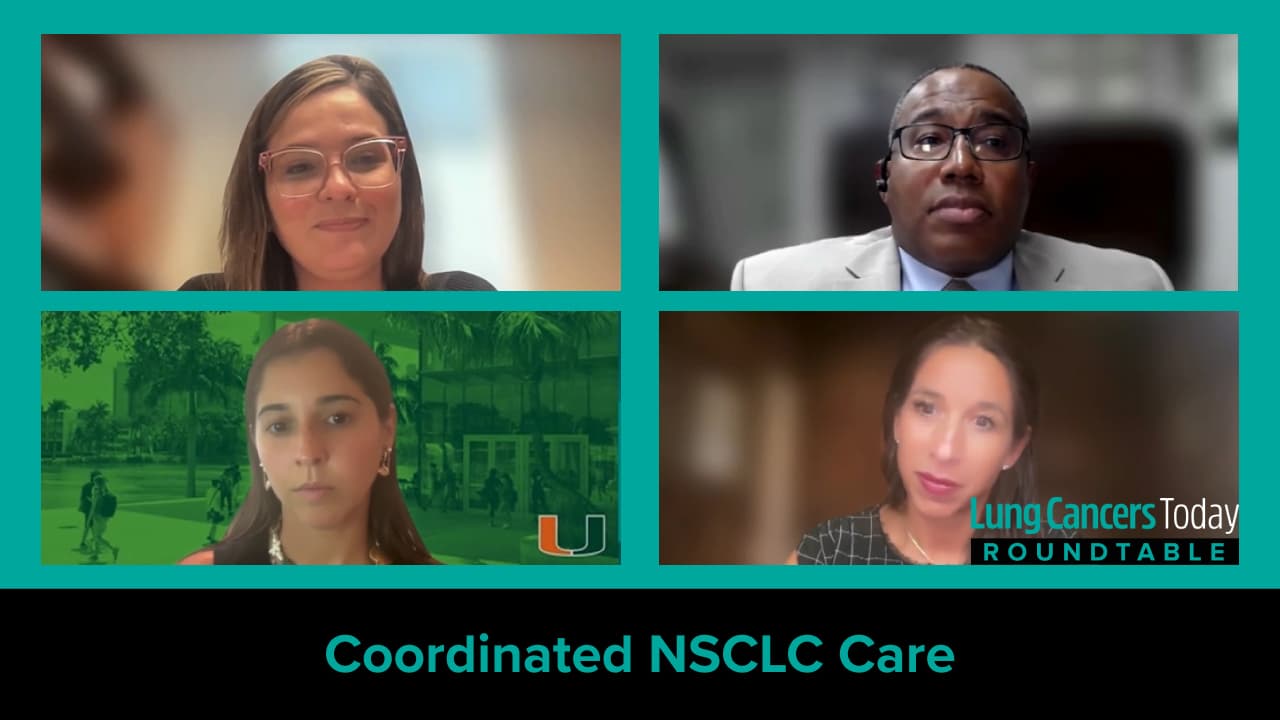
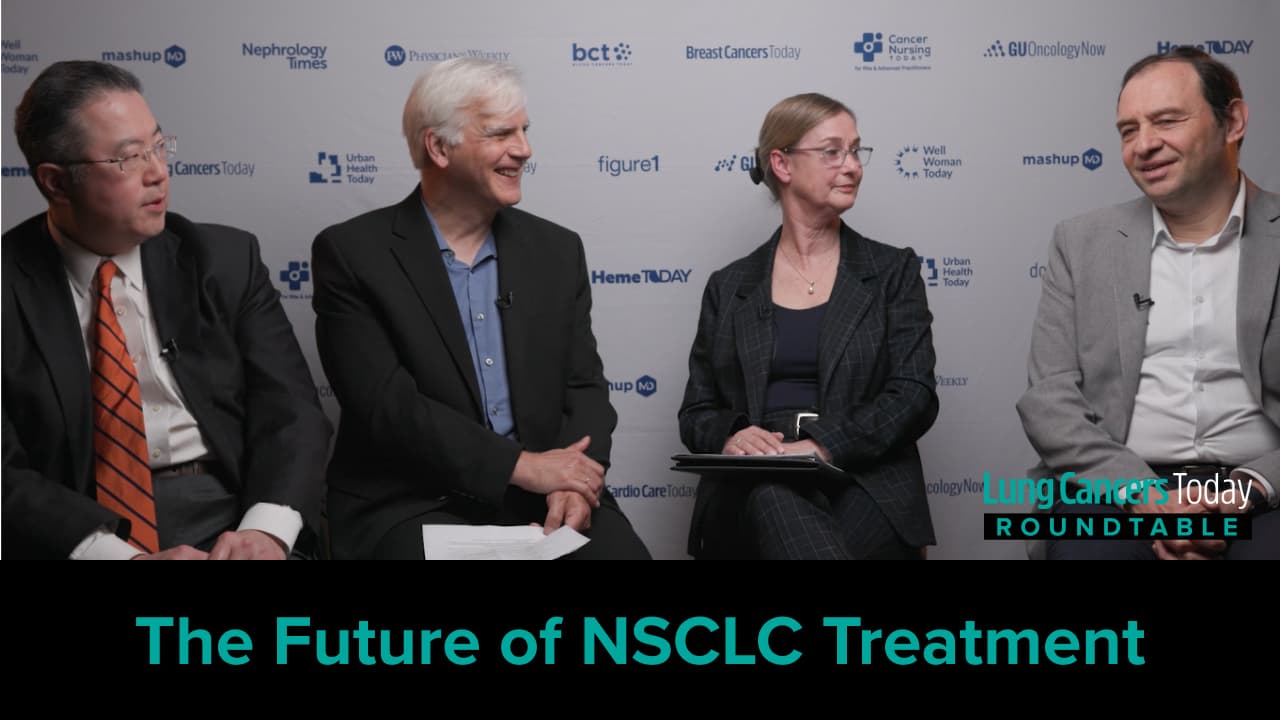
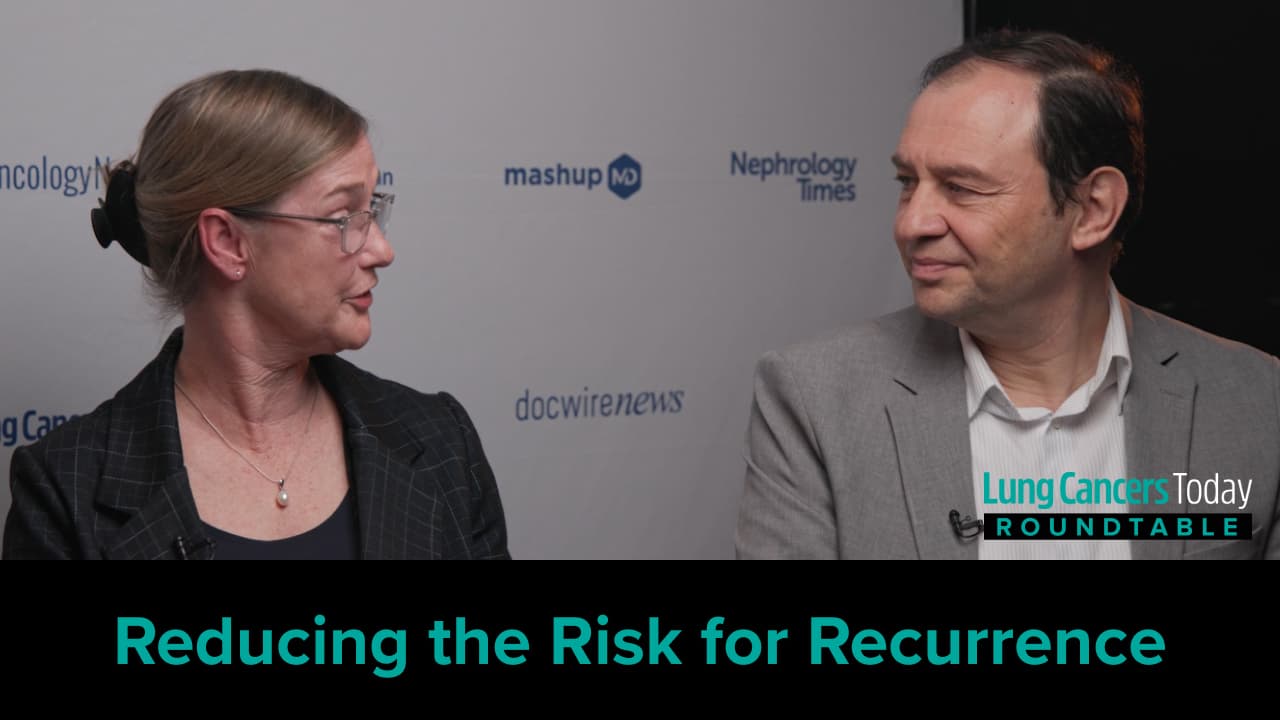
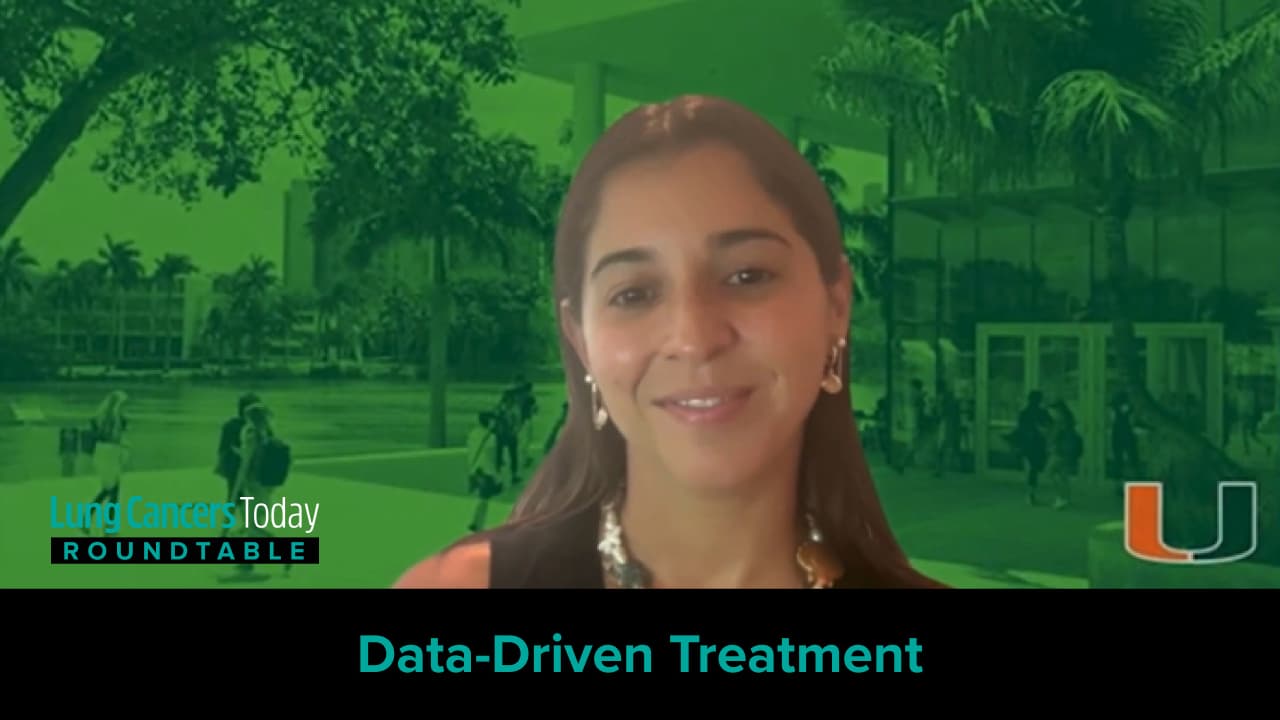
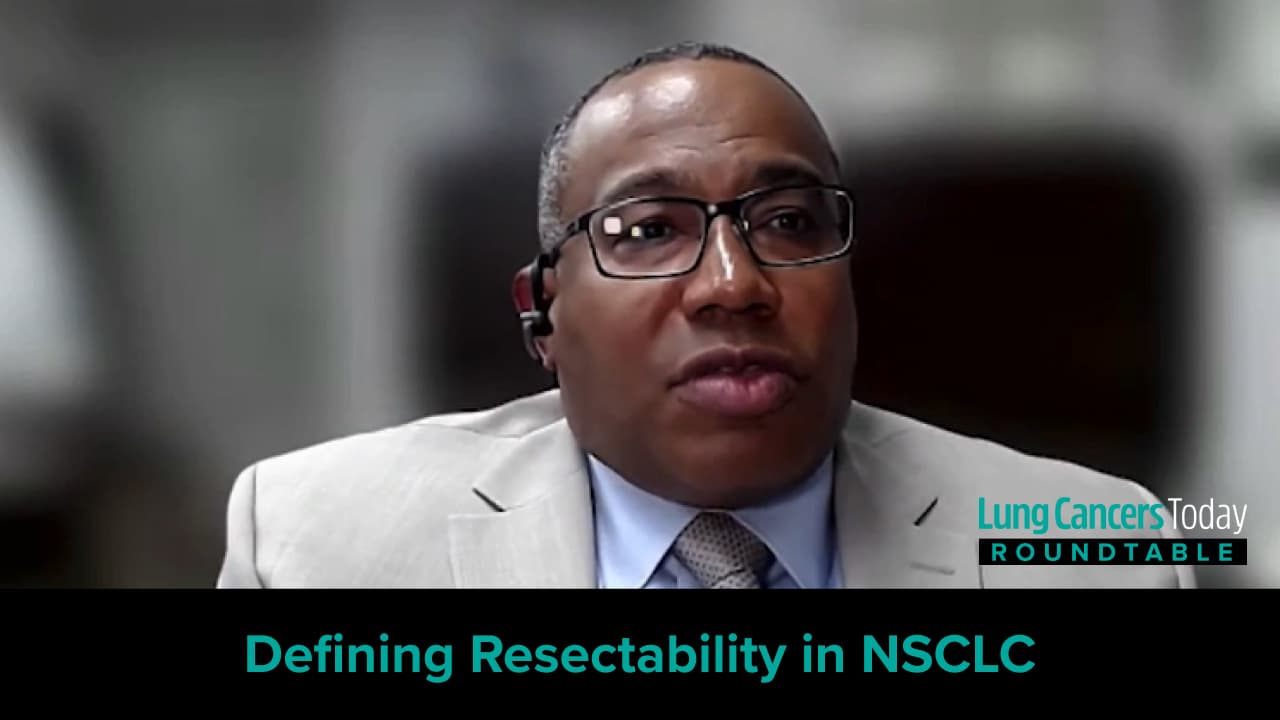
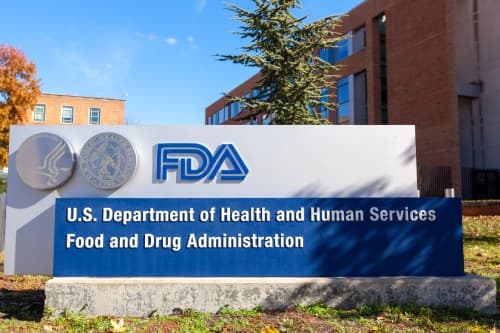
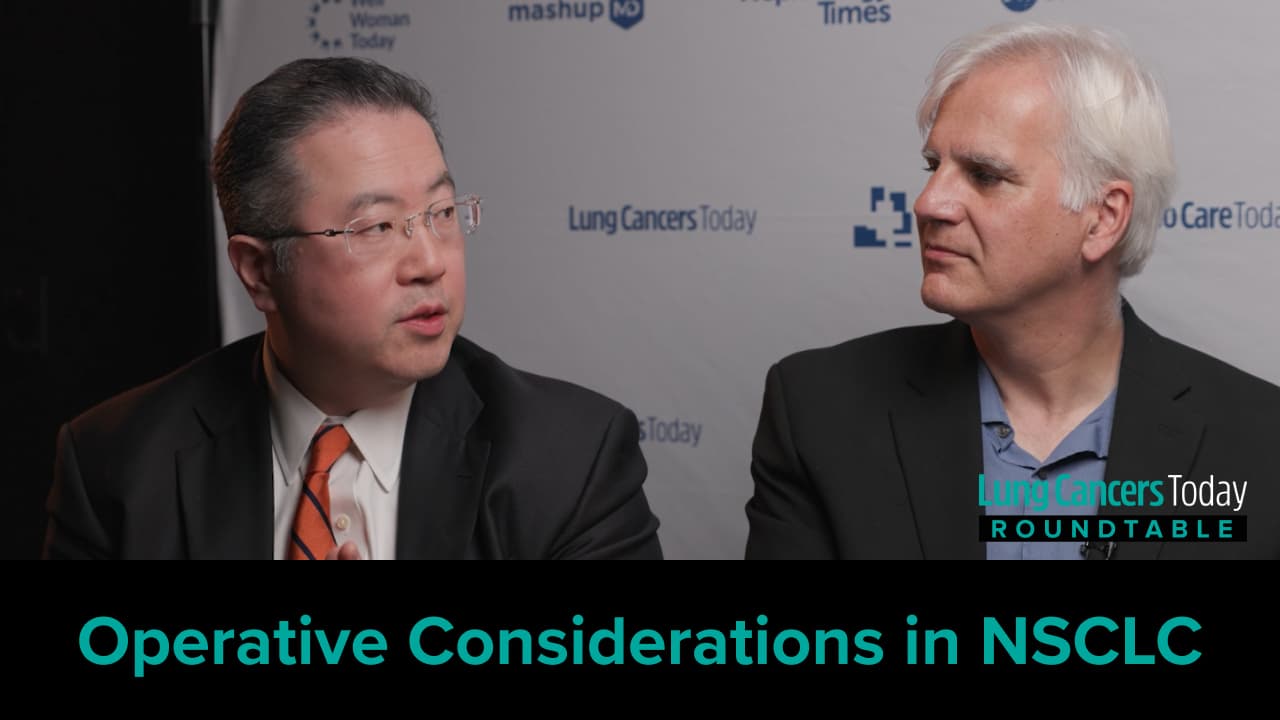
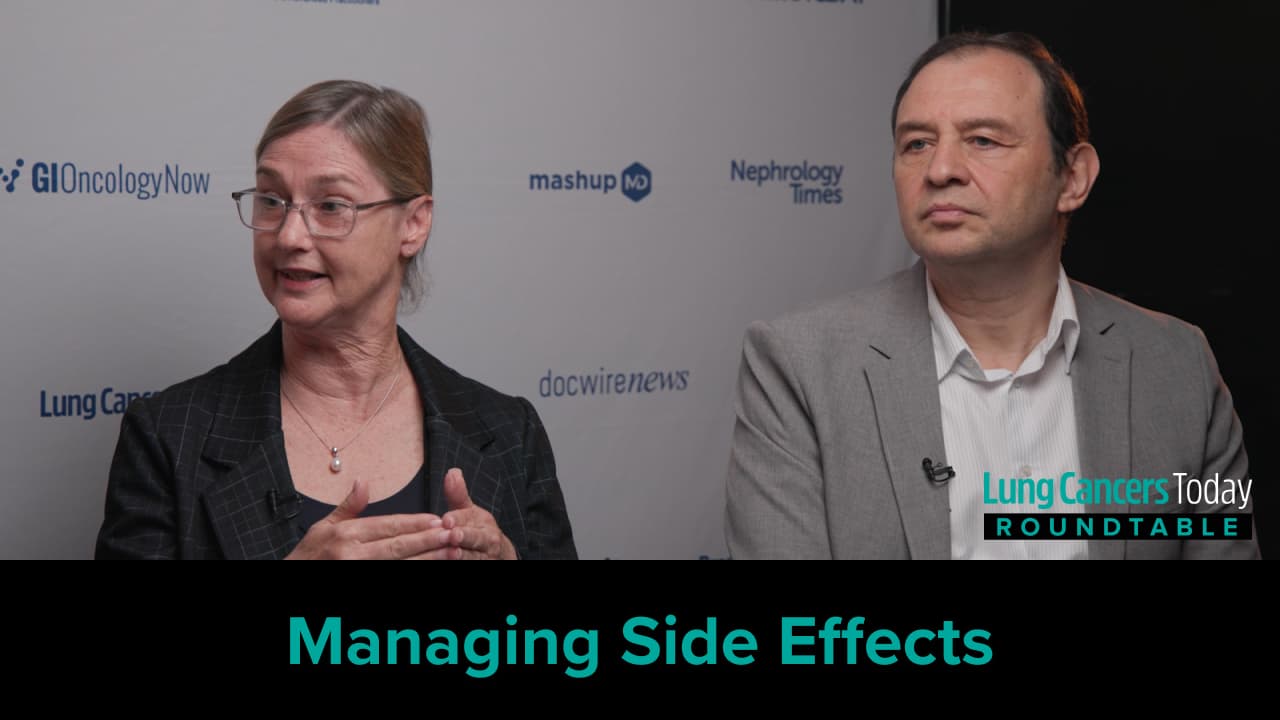
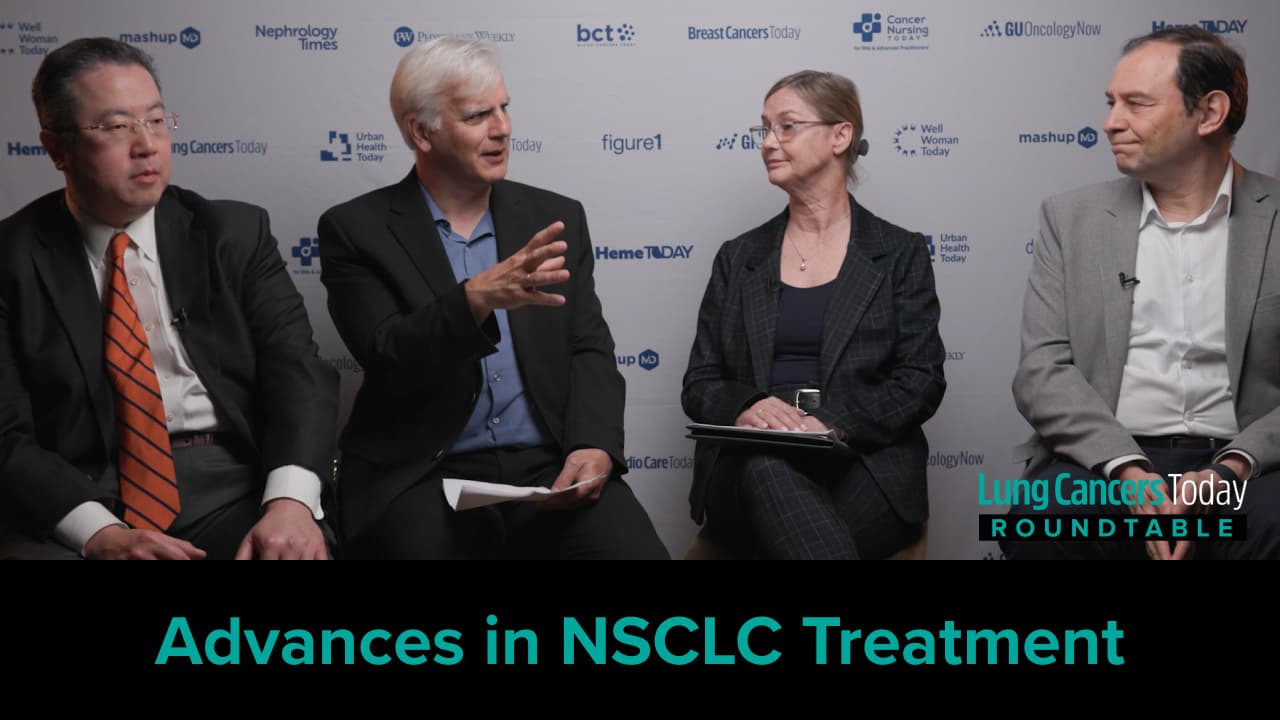
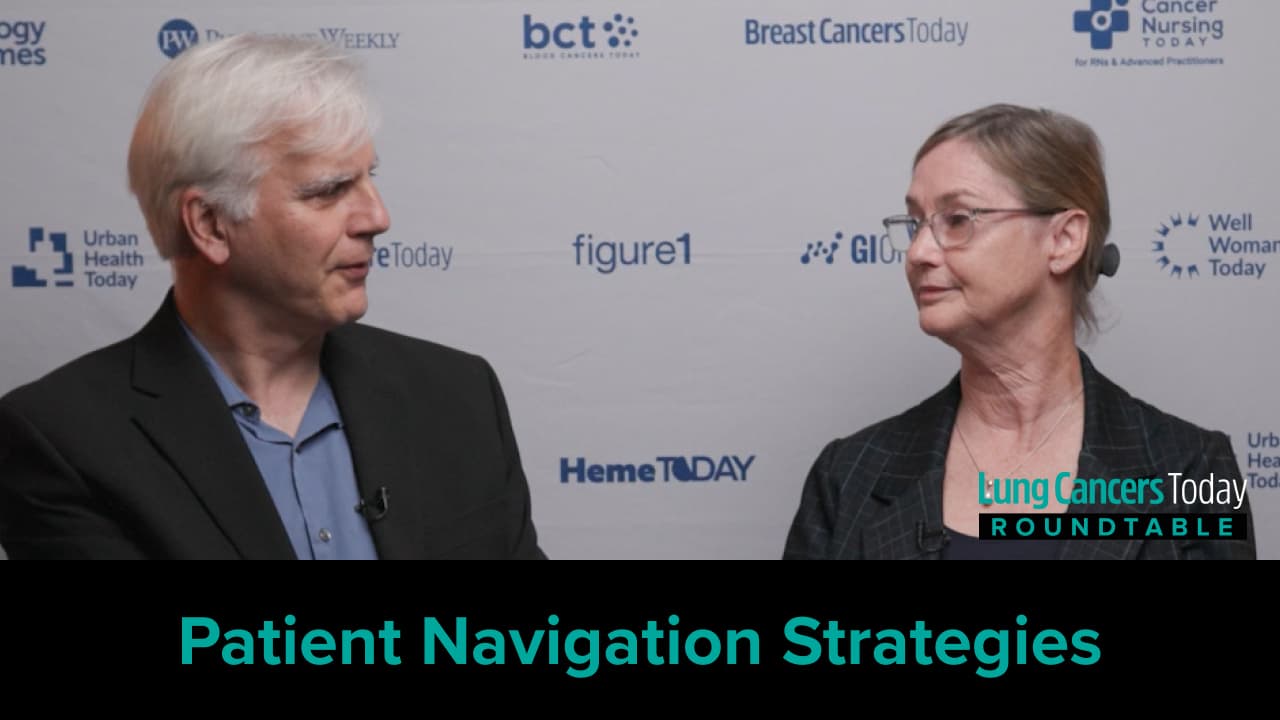
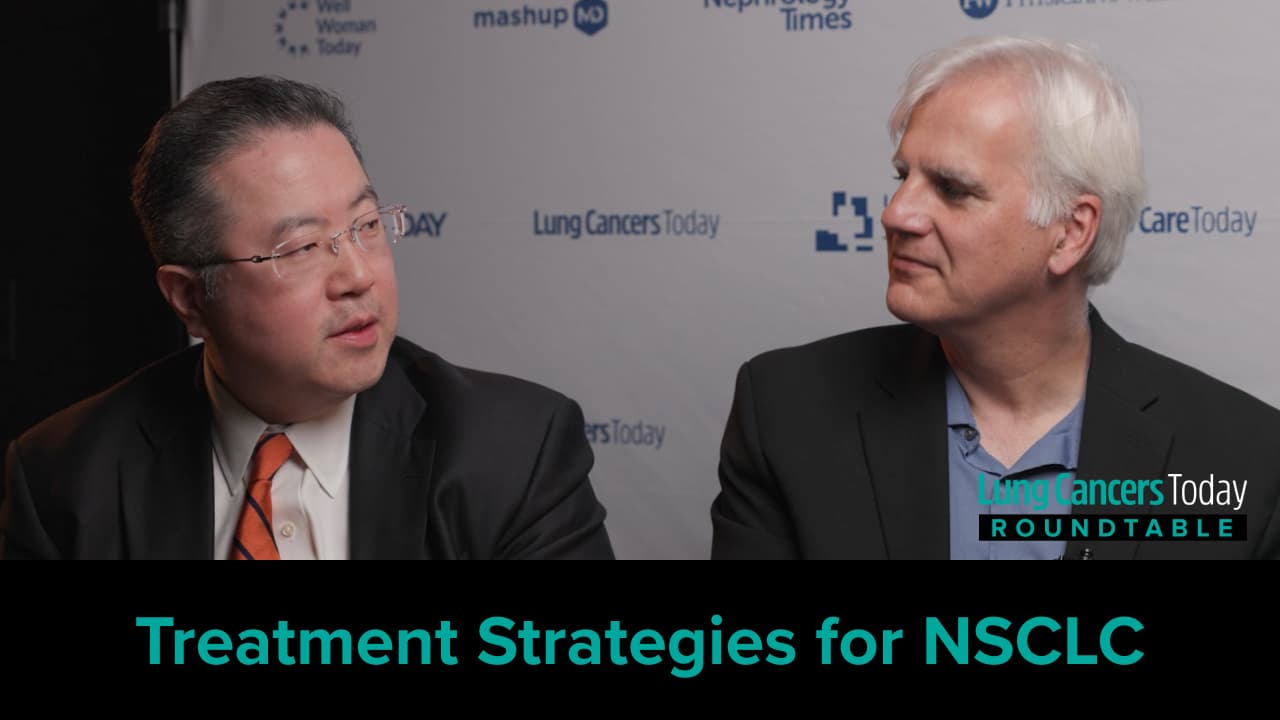
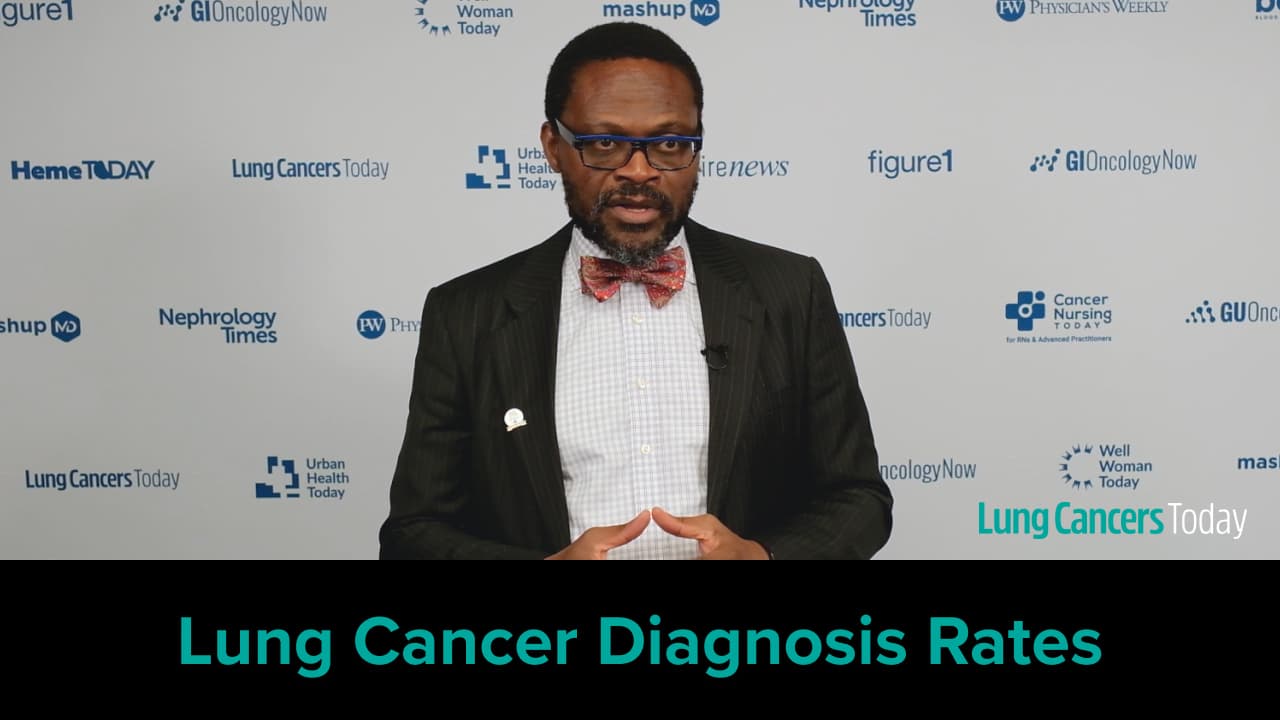
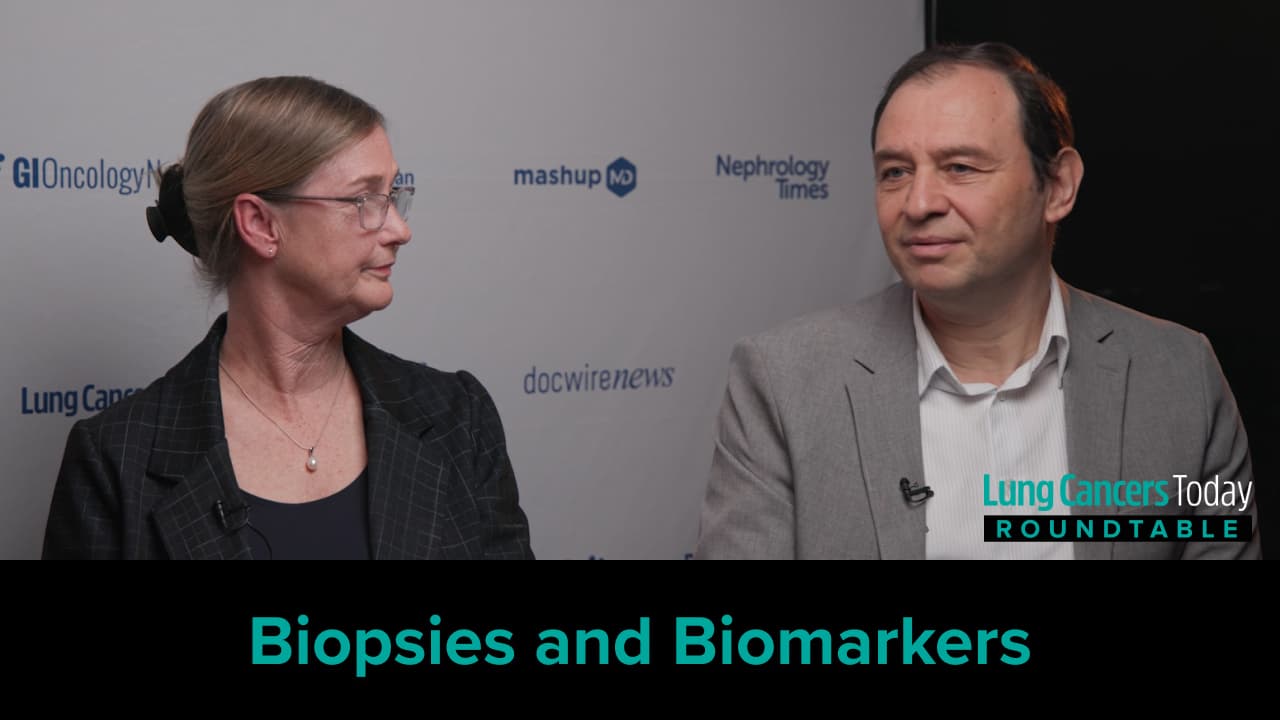
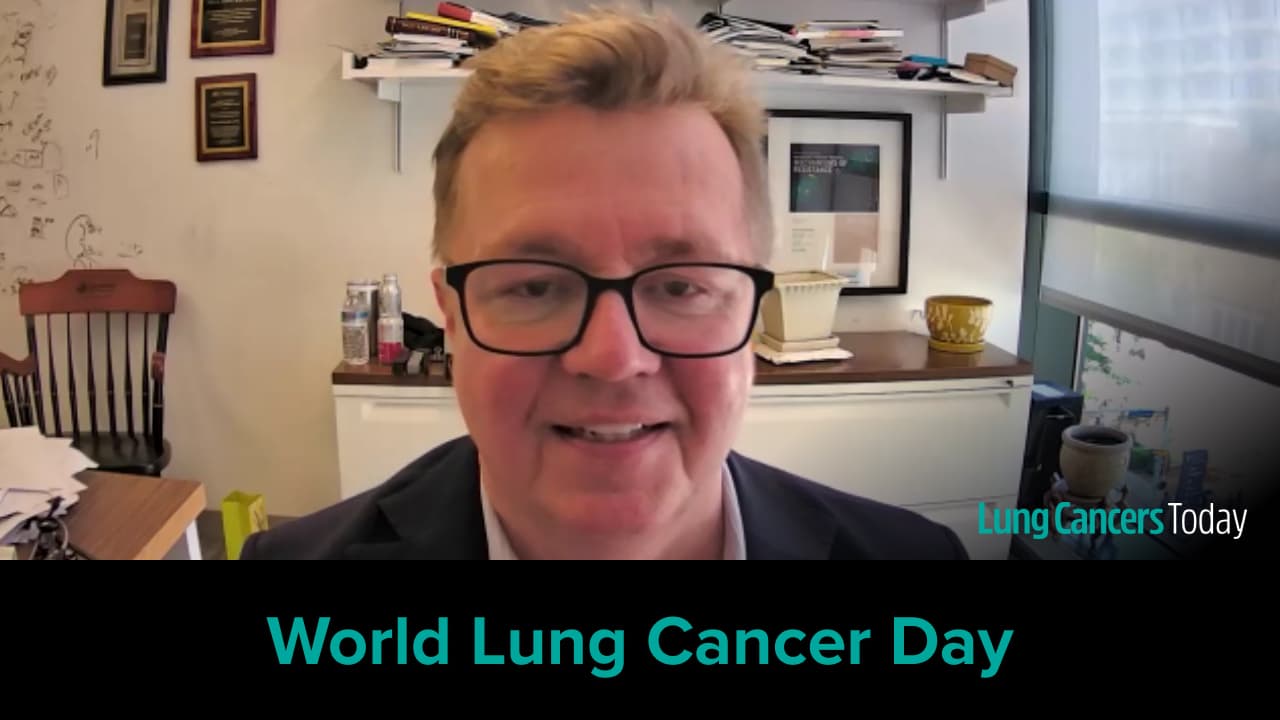
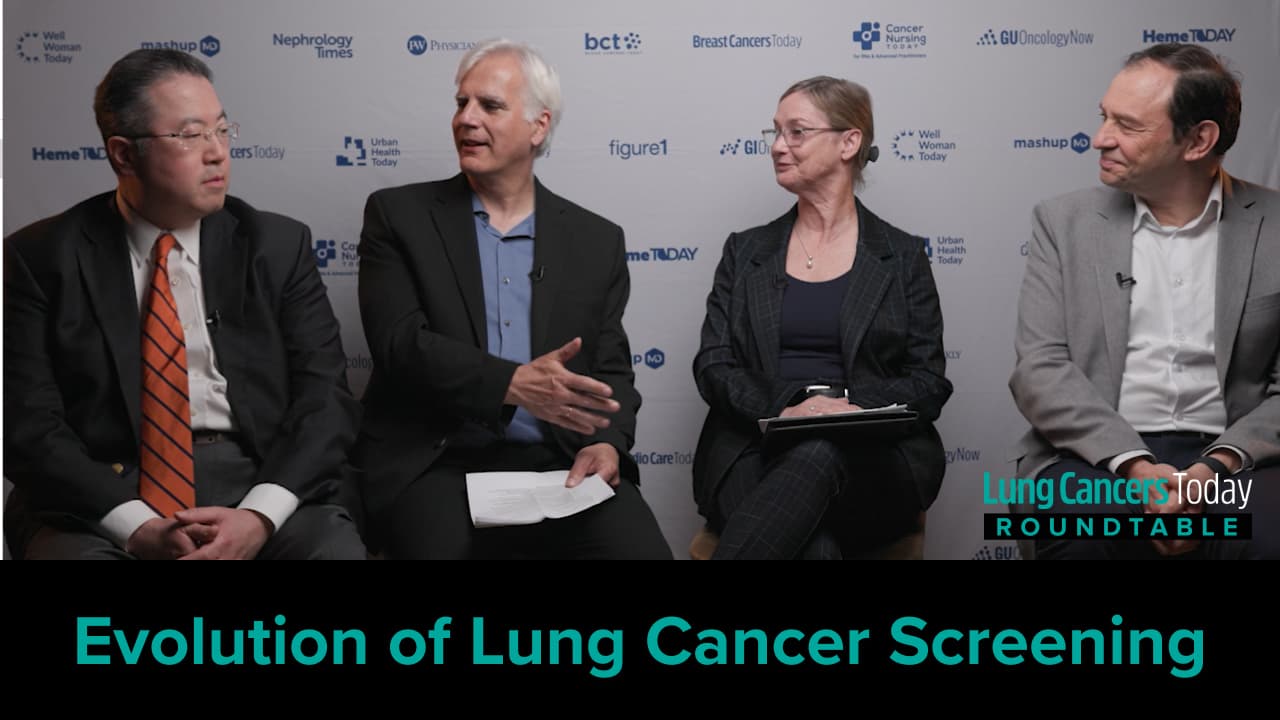

 © 2025 Mashup Media, LLC, a Formedics Property. All Rights Reserved.
© 2025 Mashup Media, LLC, a Formedics Property. All Rights Reserved.